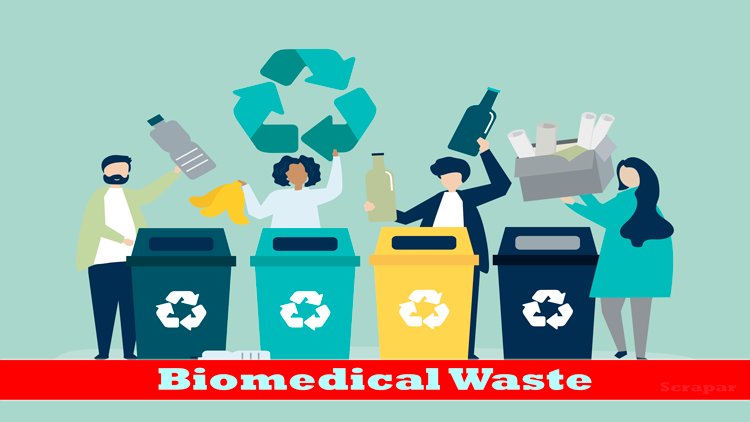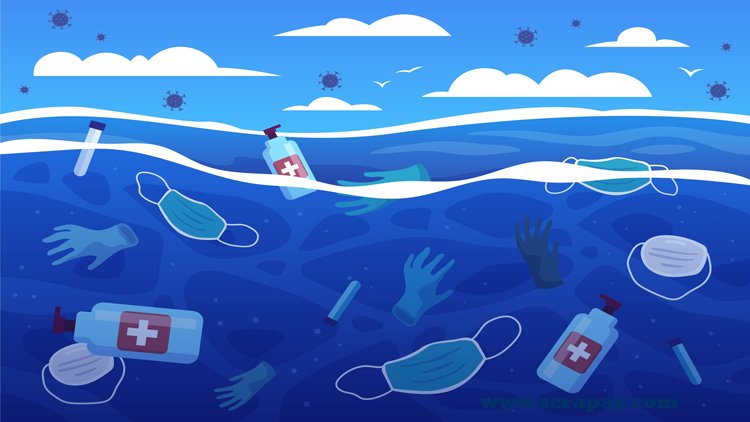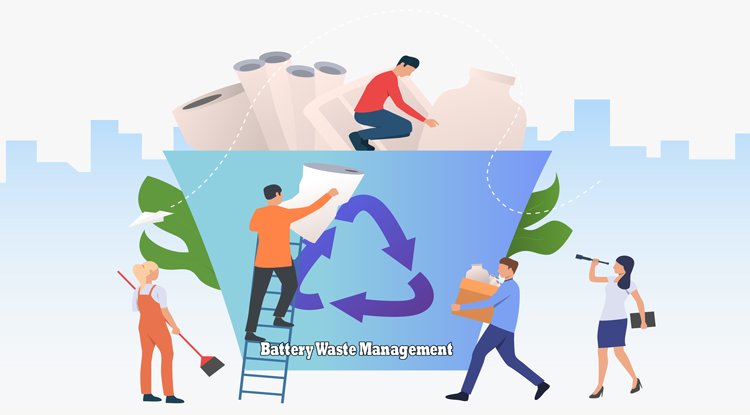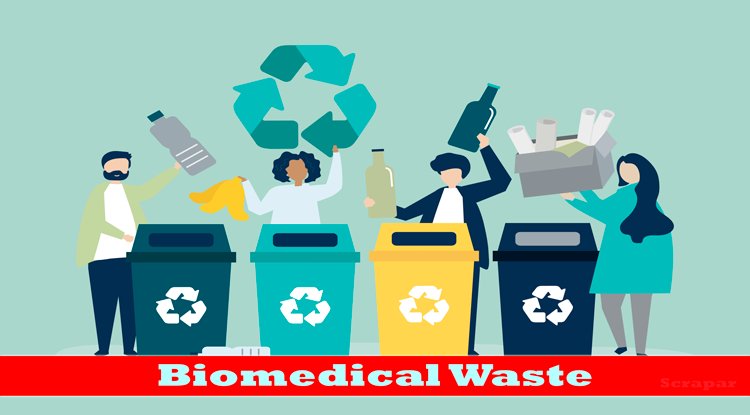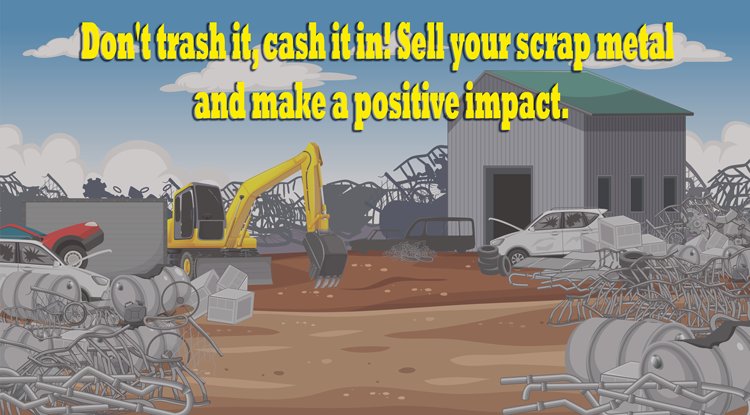Navigating the Complexities of Biomedical Waste Management: Safeguarding Health and Environment
Biomedical waste encompasses a broad range of materials generated during healthcare activities, including medical procedures, research, and diagnosis. These materials can pose significant risks to public health and the environment if not managed properly. Biomedical waste includes items such as used needles, syringes, cultures, and tissues, as well as chemicals, pharmaceuticals, and radioactive materials.
Introduction: Biomedical waste, a byproduct of healthcare activities, presents unique challenges in its management and disposal. From hospitals to research facilities, the proper handling of biomedical waste is paramount to protect public health and the environment. In this blog, we delve into the intricacies of biomedical waste, exploring its definition, classification, management practices, regulations, and the crucial role it plays in safeguarding our well-being and ecosystems.
Understanding Biomedical Waste: Biomedical waste encompasses a diverse array of materials generated in healthcare settings, including hospitals, clinics, laboratories, and research facilities. This waste can range from sharps like needles and scalpels to pathological waste, such as tissues and organs, along with pharmaceuticals, chemicals, and radioactive materials. Its hazardous nature stems from the potential for carrying infectious agents, toxins, or other harmful substances.
Classification and Risks: Biomedical waste is classified based on its potential risks and includes categories such as infectious waste, hazardous waste, radioactive waste, and pharmaceutical waste. Improper management of these materials can lead to a range of health and environmental risks, including the spread of infections, contamination of soil and water sources, and exposure to toxic substances.
Regulations and Compliance: To address these risks, regulatory bodies worldwide have established guidelines and regulations governing the handling, transportation, treatment, and disposal of biomedical waste. Organizations must adhere to these standards to ensure safe and environmentally responsible practices. Compliance involves proper segregation, packaging, labeling, and documentation of waste streams, as well as employing approved treatment methods and disposal facilities.
Best Practices in Biomedical Waste Management: Implementing best practices is essential for effective biomedical waste management. This includes raising awareness among healthcare workers about proper waste segregation and handling procedures, providing training on the use of personal protective equipment (PPE), and establishing comprehensive waste management plans tailored to each healthcare facility's needs. Additionally, investing in technology and infrastructure for waste treatment and disposal can improve efficiency and reduce environmental impacts.
Environmental Impact and Sustainability: The environmental footprint of biomedical waste extends beyond healthcare facilities, affecting ecosystems and communities. Sustainable waste management practices, such as recycling, energy recovery, and waste-to-energy technologies, can mitigate these impacts while conserving resources and reducing greenhouse gas emissions. Collaboration between stakeholders, including healthcare providers, waste management companies, and policymakers, is essential for achieving these goals.
Conclusion: Biomedical waste management is a multifaceted endeavor that requires diligence, expertise, and collaboration across sectors. By adhering to regulations, implementing best practices, and embracing sustainable solutions, we can minimize the health and environmental risks associated with biomedical waste while safeguarding our communities and ecosystems for generations to come. Together, let us strive for a future where healthcare waste is managed responsibly, ensuring the well-being of both humanity and the planet.
What's Your Reaction?







